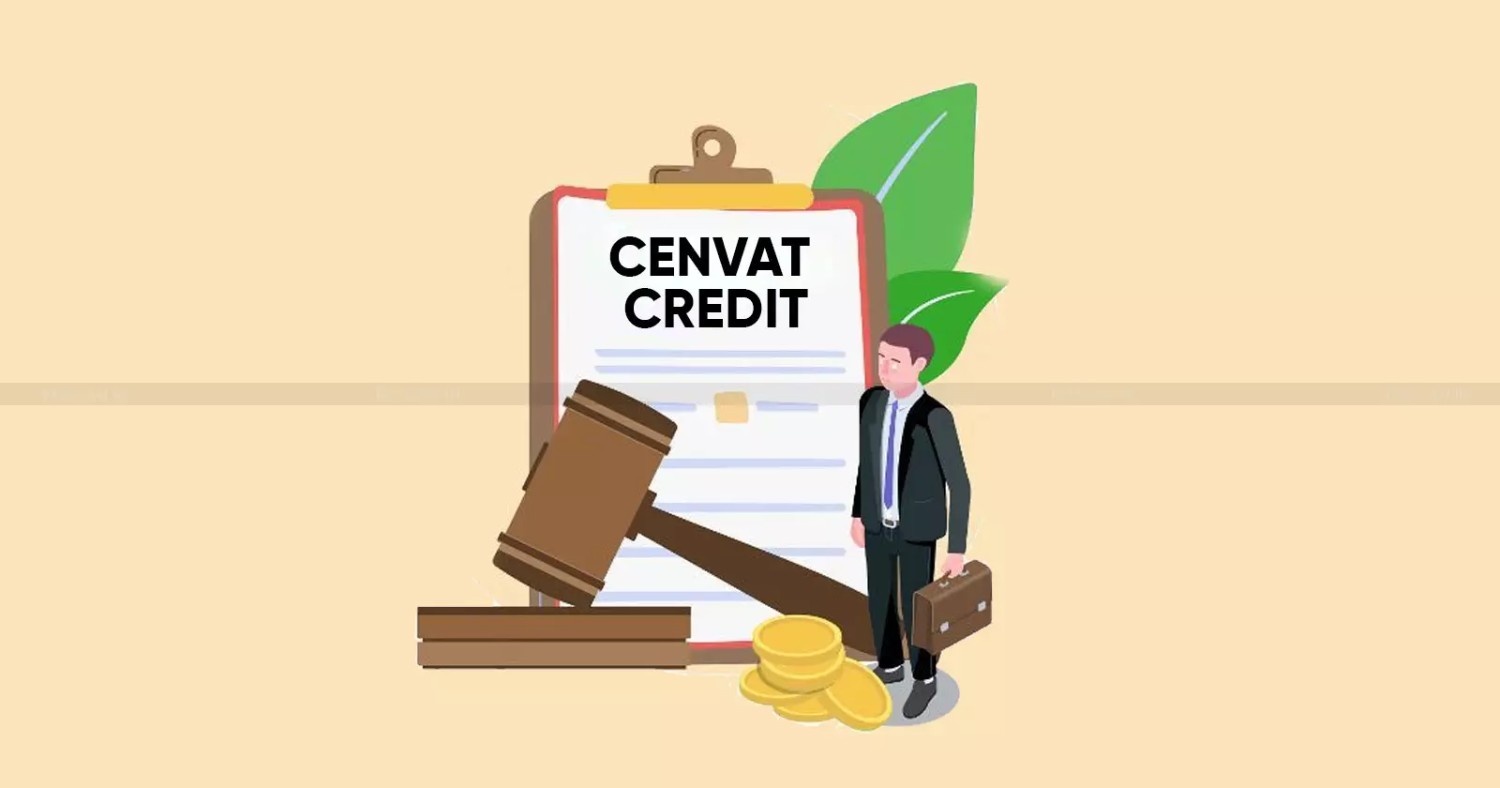CESTAT Upholds ₹35.74 Lakh CENVAT Credit Demand for Wrong Availment of EPCG and Customs Cess Credits [Read Order]
CESTAT upheld the ₹35.74 lakh CENVAT credit demand, holding that EPCG-related and customs cess credits were inadmissible and suppressed, making the extended period rightly invocable.
![CESTAT Upholds ₹35.74 Lakh CENVAT Credit Demand for Wrong Availment of EPCG and Customs Cess Credits [Read Order] CESTAT Upholds ₹35.74 Lakh CENVAT Credit Demand for Wrong Availment of EPCG and Customs Cess Credits [Read Order]](https://images.taxscan.in/h-upload/2025/11/18/2106321-cestat-cenvat-credit-epcg-customs-cess-taxscan.webp)
The Allahabad Bench of the Customs, Excise and Service Tax Appellate Tribunal (CESTAT) dismissed the appeal filed by the assessee and upheld the ₹35,74,487 CENVAT credit demand, holding that the credit availed on Education Cess, Higher Education Cess, Special Additional Duty on imported capital goods and CVD on Export PromotionCapital Goods (EPCG) imports was inadmissible under Rule 3(1) and Rule 4(2) of the CENVAT Credit Rules, 2004.
The case originated when departmental audit detected that the assessee had taken CENVAT credit for duties not specified as eligible duties under Rule 3(1).
Audit further recorded that the assessee had availed and utilized credit on capital goods imported under the EPCG scheme, even though the export obligation remained unfulfilled and the capital goods, including a ‘Flat Die Co-extrusion Line’, had been destroyed in a fire and were not in the assessee’s possession on the date credit was claimed.
 Also Read:CESTAT Allows CENVAT Credit on Service Tax Paid for Construction Services as Exclusion Applied Only from April 1, 2011 [Read Order]
Also Read:CESTAT Allows CENVAT Credit on Service Tax Paid for Construction Services as Exclusion Applied Only from April 1, 2011 [Read Order]
A Show Cause Notice(SCN) was issued proposing recovery of wrongly availed credit, interest and penalty, which the adjudicating authority confirmed after noting that the assessee had not disclosed these credits in ER-1 returns, and the irregular availment had surfaced only during audit.
All-in-One Manual with Updated GST Laws & Provisions, Click here
The assessee’s appeal before the Commissioner (Appeals) was rejected, with the appellate authority holding that Customs Education Cess and Higher Education Cess were not eligible for credit, SAD on capital goods was not admissible during the relevant period, and CVD credit on EPCG imports was not admissible because the goods were neither in possession nor used in production due to destruction by fire.
Before the Tribunal, the Department reiterated that the credits were legally inadmissible and supported the orders of the lower authorities.
The Bench comprising Sanjiv Srivastava (Technical Member) and Angad Prasad (Judicial Member) held that the duties in question were not specified for CENVAT credit, the EPCG conditions had not been fulfilled, and the capital goods had ceased to exist, disqualifying them for credit.
The Tribunal further held that the non-disclosure of these credits in statutory returns amounted to suppression, making the extended period under the proviso to Section 11A rightly invocable. Penalty under Rule 15(1) read with Section 11AC was also upheld.
The Tribunal accordingly dismissed the appeal and affirmed the demand of ₹35,74,487, along with interest and penalty.
The Department was represented by A.K. Choudhary, while no one appeared for the Revenue.
Support our journalism by subscribing to Taxscan premium. Follow us on Telegram for quick updates



